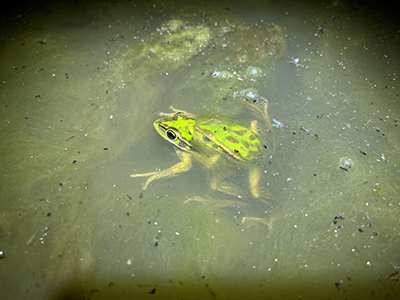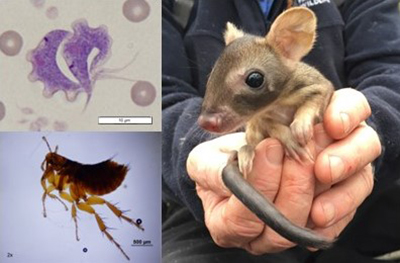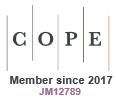Temporary freshwater lenses that form in saltwater environments after heavy rainfall provide unique ecological opportunities for species. We present evidence of an Australian amphibian engaging in breeding activities, including calling and amplexus, in tidal mangrove creeks that have been flushed by rainwater. Freshwater lenses may be advantageous for amphibian offspring by reducing exposure to predators found in more permanent freshwater ponds, but at the expense of an increased risk of mortality due to salt exposure from tidal influences. Photograph by John Gould.
ZO23042 Abstract | ZO23042 Full Text | ZO23042PDF (12.2 MB) | ZO23042Supplementary Material (62.7 MB) Open Access Article







